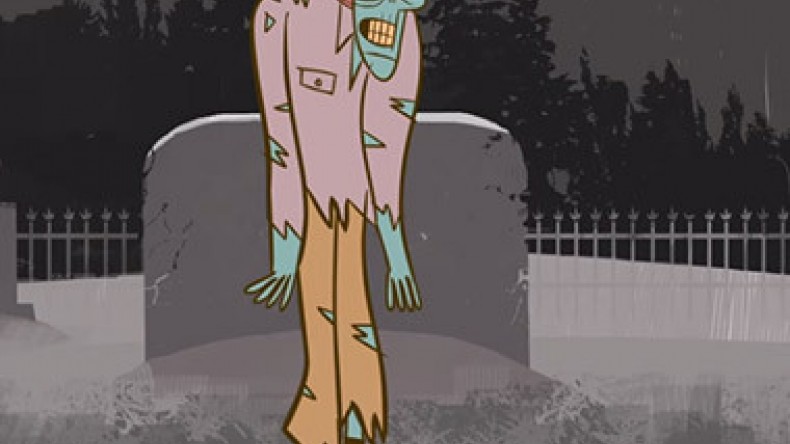
What is death? At what exact moment are you dead, according to science?
The line between life and death remains somewhat blurred, and we continue to debate over the exact moment that a bundle of cells becomes a life as well as the point when this life ceases to be. Despite the murkiness surrounding the concept of life and death, medically speaking, there is a way to pinpoint the exact moment when a living organism is completely, utterly no doubt about it, dead, Medical Daily reports.
Death is somewhat relative, and people who have been declared brain dead or whose heart has ceased to beat have been seen brought back to “life” thanks to modern medical advances. True death, according a recent TED-Ed Original, is when there is no possibility of being resurrected. It is the point to which there is no return.
Everything that our cells do, from repair to growth to reproduction, is fueled by the glucose and the oxygen that our bodies convert into ATP. Our bodies follow the universal law of entropy, which means that these molecules will tend toward diffusing randomly from areas of high concentration to low concentration. While the cellular process is complex and complicated, simply put, entropy must constantly be kept in check in order for life to continue. When this delicate balance is thrown off, death is the result.
Lifesaving processes such as CPR and a defibrillator can delay and even prevent death from occurring, but once the entire cell has succumbed to entropy, resurrection is no longer possible. Scientists believe, however, that if they are able to find the solution for cells to survive entropy, they may be able to one day surpass the "point of no return," effectively revising the definition of death.
Newsfeed
Videos






























